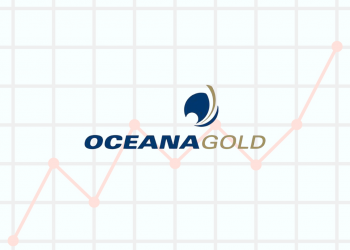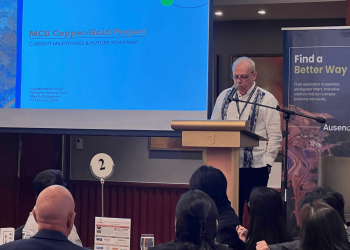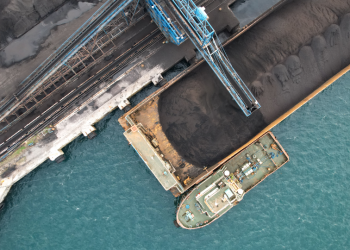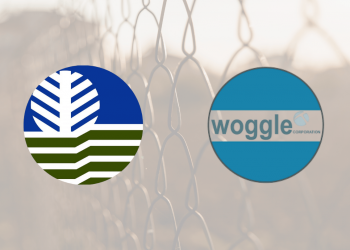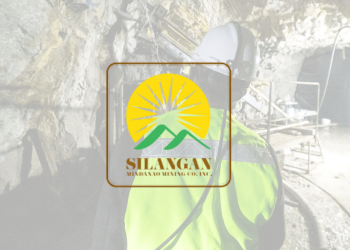While the Philippines aim to promote nickel ore processing in the country, it does not plan to ban the export of nickel ores, Department of Trade and Industry (DTI) Secretary Alfredo Pascual stated in a virtual briefing.
The DTI is advocating for the nickel processing sector in the Philippines because the country provides a significant amount of raw nickel ore, which is essential in the production of electric vehicle batteries.
In a Philippine Star report, Pascual said that the global trend is towards electric vehicles, and as a result, there is an increasing demand for critical metals, particularly nickel, which is used to manufacture batteries. However, the profit lies in the finished product, not the raw materials.
Pascual cited Indonesia’s 10-20 fold increase in revenue by processing nickel ores domestically before exporting the semi-finished or finished products. He highlighted that the Philippines could add value to its products in the same manner.
Pascual mentioned that they are currently in talks with potential foreign partners from the United States, Japan, and China to acquire the technology required for the advanced processing of nickel ores. He also stated that there is interest from Europe.
Previously, Trade Undersecretary and Board of Investments (BOI) Managing Head Ceferino Rodolfo said that a Chinese company and another foreign entity had shown an interest in investing in nickel processing in the Philippines.
According to Rodolfo, these interested companies have the potential to invest as much as $5 billion each.
The Chinese firm is presently searching for partners in the country while the non-Chinese company is considering partnering with local mining companies.
When asked about the timeline for the investments, Rodolfo stated that it could take place before the end of the year.
In April, Pascual urged US Trade Representative Katherine Tai to explore the possibility of partnering with the Philippines, akin to the Critical Minerals Agreement (CMA) between the US and Japan.
Tai emphasized that one of the objectives of the CMA is to create “robust, resilient, and secure” supply chains.
Aside from supplying batteries for electric cars, Pascual expressed the Philippines’ willingness to engage with American companies in other sectors. He and President Marcos recently held a business forum and roundtable discussion with members of the United States ASEAN Business Council and the United States Chamber of Commerce, including executives and officials from both organizations.
Pascual expressed enthusiasm in welcoming several projects in the Philippines, such as business process outsourcing, healthcare, semiconductor, energy (including nuclear power), as well as battery and electric vehicle manufacturing.




